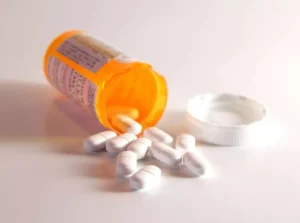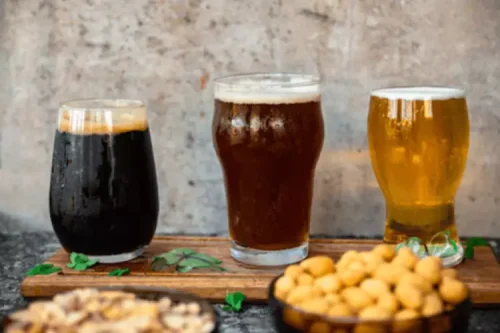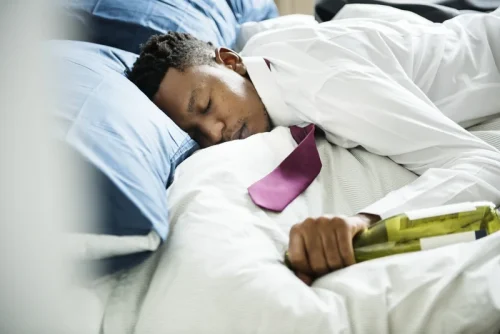Chưa có sản phẩm trong giỏ hàng.
Sober living
Does Alcohol Weaken the Immune System? Yes, If You Drink Too Much

As with most things in life, the arrow points to “moderation” (unless you are in a high-risk group due to poor health or pregnancy). By Geralyn Dexter, PhD, LMHCDexter has a doctorate in psychology and is a licensed mental health counselor with a focus on suicidal ideation, self-harm, and mood disorders. However, when researchers does alcohol lower your immune system evaluate these potential factors, the risks outweigh any benefits. Alcohol also causes damage to nerves and pathways, which disrupts communication between essential organs and bodily functions. This can lead to conditions like stroke, amyotrophic lateral sclerosis (ALS), Alzheimer’s disease, and multiple sclerosis (MS).

Impact of Alcohol Abuse on the Adaptive Immune System
- In addition, animal studies have indicated that acute alcohol intoxication can decrease complement activation in response to tissue injury resulting from disruptions in blood supply (i.e., ischemic injury).
- Each of these events is mediated by the activation of nuclear factor kappa B (NFκB), which can be inhibited by alcohol consumption and thus prevent the production of pro-inflammatory cytokines.
- But there’s plenty of research to back up the notion that alcohol does lead to weight gain in general.
- Each time a person drinks alcohol, some of the liver’s cells die, and new ones regenerate.
Gateway Foundation offers safe and effective treatment so you can get back to living a healthy life. Contact Gateway Foundation to learn more about how we can help you or your loved one pursue recovery. Heavy drinking is more likely to affect a person’s immune system than moderate drinking.
- “When you’re feeling run down or like you might get sick, you want to be well hydrated so that all the cells in your body have enough fluid in them and can work really well,” Favini says.
- Monocytes express Toll-like receptor (TLR) 4, the PRR that is often responsible for recognizing LPS on the surface of Gram-negative bacteria.
- As discussed above in the gene expression studies, the mechanisms by which ethanol exerts dose-dependent effects on the immune system could also include modulation of the hypothalamic-pituitary-adrenal (HPA) axis, which tightly regulates the stress response, in turn affecting immunity.
- Quitting drinking will not reverse any damage that’s already been caused by inflammation.
- “Alcohol intake can kill normal healthy gut bacteria, which help to promote health and reduce risk of infection,” Mroszczyk-McDonald said.
Effects of Alcohol on Tumor Growth, Metastasis, Immune Response, and Host Survival
Monocytes express Toll-like receptor (TLR) 4, the PRR that is often responsible for recognizing LPS on the surface of Gram-negative bacteria. After binding to LPS, monocytes are activated and mature into macrophages that travel to the site of infection to secrete important cytokines for the inflammatory response. Heavy alcohol use weakens the immune system, and a weak immune system makes it easier to get sick. However, there are signs that you can look for if you are concerned that your drinking might be affecting your immunity. Reducing or quitting drinking can lower alcohol-related damage and improve your overall health.
Immune System Recovery After Drinking
People who drink more alcohol have a higher risk of developing alcohol-related cancer. This is likely due to the fact that drinking more alcohol causes more inflammation in the body. Alcohol alters the composition of the IMB, resulting in an alteration of the amount and type of neuroactive substances produced by the microbiota, which may lead to behavioral alteration [79]. Gut–brain communication is disrupted by alcohol-related immune and gut dysfunction [80].

How alcohol impacts the lungs

People who are living with an autoimmune condition should limit their alcohol intake to avoid triggering inflammation. Research has shown that when alcohol is removed from the body, it activates brain and nerve cells, resulting in excessive excitability (hyperexcitability). After drinking 10 to 12 units of alcohol, your co-ordination will be highly impaired, placing you at serious risk of having an accident. The high level of alcohol has a depressant effect on both your mind and body, which makes you drowsy.
- Drink responsibly— Using alcohol to cope with negative Covid-19 related feelings could place a person on a path toward developing an alcohol use disorder, Koob cautions.
- Drinking every day or drinking too much alcohol at a time may affect the immune system more than drinking every other day or every few days, but the healthiest thing to do is abstain from drinking completely.
- This condition occurs when bacteria enter the chest cavity’s pleural space, typically due to pneumonia or a post-surgery infection.
- According to the 2019 National Survey on Drug Use and Health from the Substance Abuse and Mental Health Services Administration, 69.5% of people in the United States reported drinking within the last year.
Hepatitis C and alcohol: interactions, outcomes, and implications

If alcohol continues to accumulate in your system, it can destroy cells and, eventually, damage your organs. “When you’re feeling run down or like you might get sick, you want to be well hydrated so that all the cells in your body have enough fluid in them and can work really well,” Favini says. “Estimates of the health benefits from alcohol have been exaggerated while its harms have been underestimated in most previous studies,” Stockwell continued.
Gut Microbiota and Immune System






